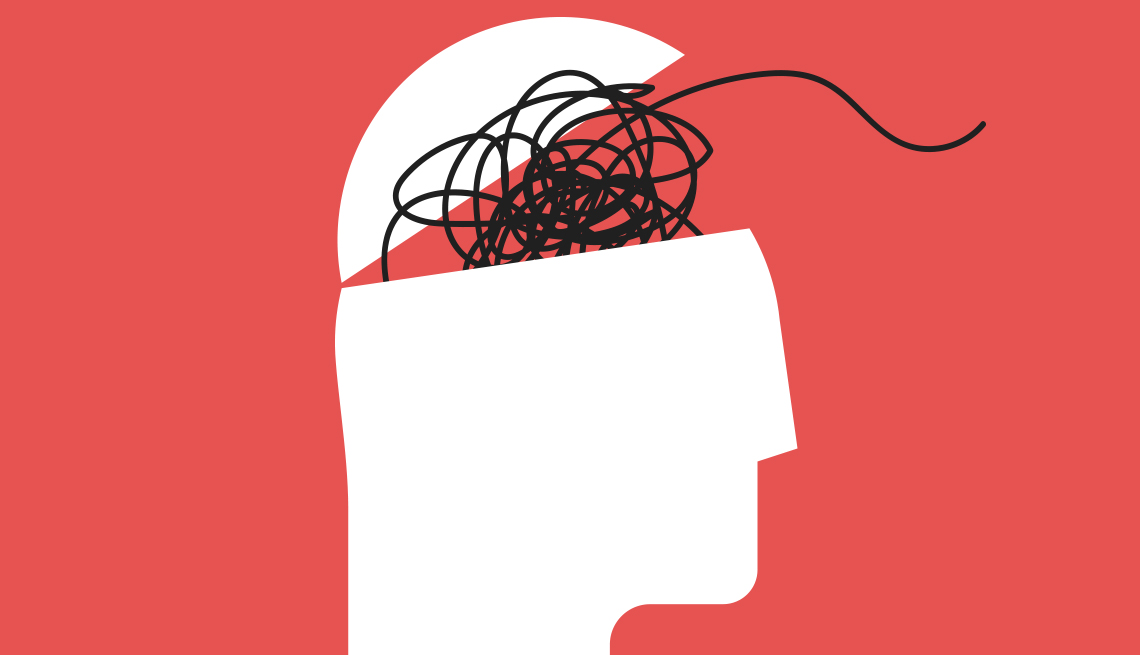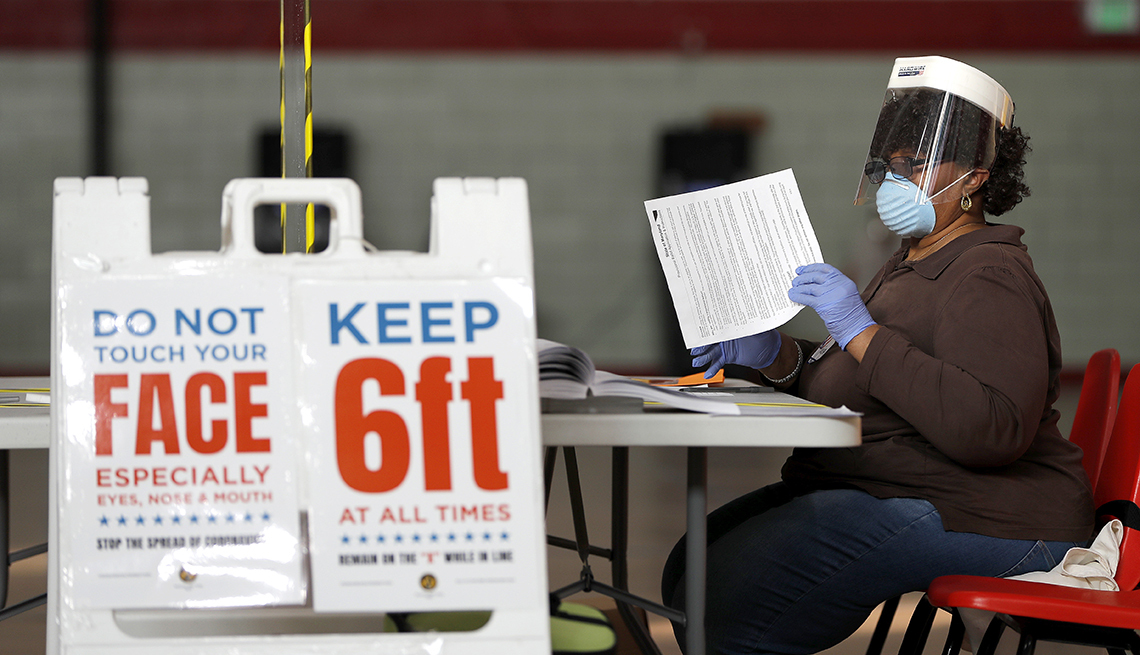
- Select a language for the TTS:
- UK English Female
- UK English Male
- US English Female
- US English Male
- Australian Female
- Australian Male
- Language selected: (auto detect) - EN
Play all audios:
And, of course, the consequences of ADHD's core symptoms grow larger in adulthood, Hinshaw points out. As one needs to show more and more self-regulation in jobs and close
relationships, ADHD-related symptoms can cause employment and interpersonal problems, as well as sleep issues, anxiety and depression. That's why it's so important to recognize
ADHD in adults and help them find treatment if necessary, says Jyoti Bhagia, a consultant in the department of psychiatry at the Mayo Clinic in Rochester, Minnesota. “It's treatable,
and treatment helps people gain self-esteem, build better relationships and helps them be more effective on the job." DIAGNOSING AND TREATING ADULT ADHD To get the right help for the
disorder, you need to first get the right diagnosis, Rooney says. Don't leave that to your primary care doctor. Seek out clinicians, such as psychologists and psychiatrists, who are
best at exploring the diagnosis with adults. They'll ask retrospectively about your symptoms and impairment during childhood and do a full assessment to rule out psychiatric or other
neurological disorders (such as mild cognitive impairment, anxiety or depression) that have similar symptoms. The most common treatment is medication, Bhagia says. Stimulants, including
Adderall, Concerta and Dexedrine, can reduce symptoms and improve the ability to focus, she explains. But they can also have cardiac implications, such as raising blood pressure and heart
rate and increasing anxiety, so they need close monitoring. Antidepressants such as imipramine (Tofranil) and Burpropion (Wellbutrin) are also commonly prescribed for ADHD. If you can't
or don't want to take medication, cognitive behavioral therapy with a specially trained therapist, or guidance from an occupational therapist, can help you develop strategies to manage
problems like organization and planning, and forgetfulness. Once adults are diagnosed with ADHD, they often feel a sense of relief. Swanson says that's true for him and he now feels
more comfortable delegating tasks he finds challenging, and concentrating on his strengths. He also finally found himself in a new, “delightfully satisfying role,” working as an ADHD life
and clergy coach. He helps other people with ADHD to discover their strengths and to adapt their work situation to best use those strengths so they can “contribute their gifts to the world.”
"I'm so enjoying helping others,” he says.






